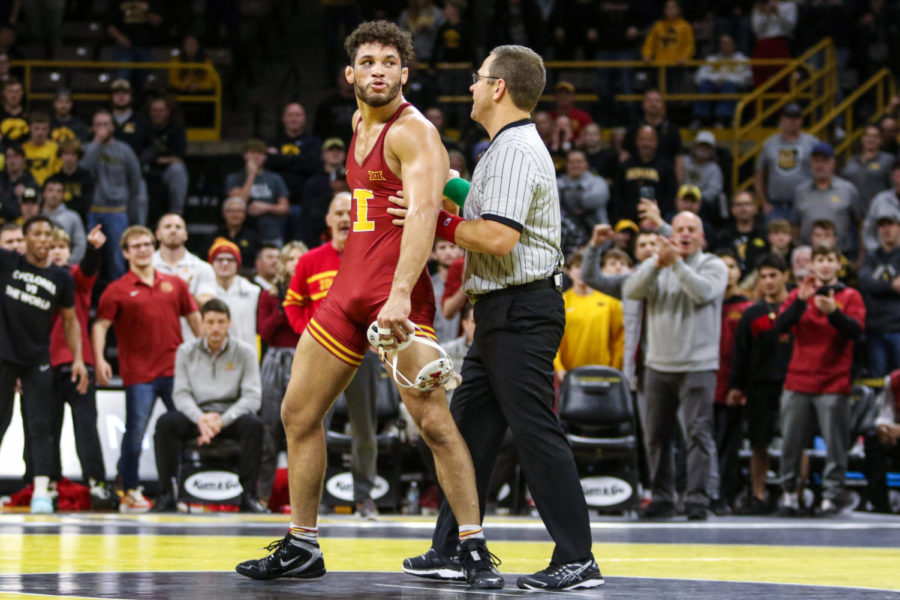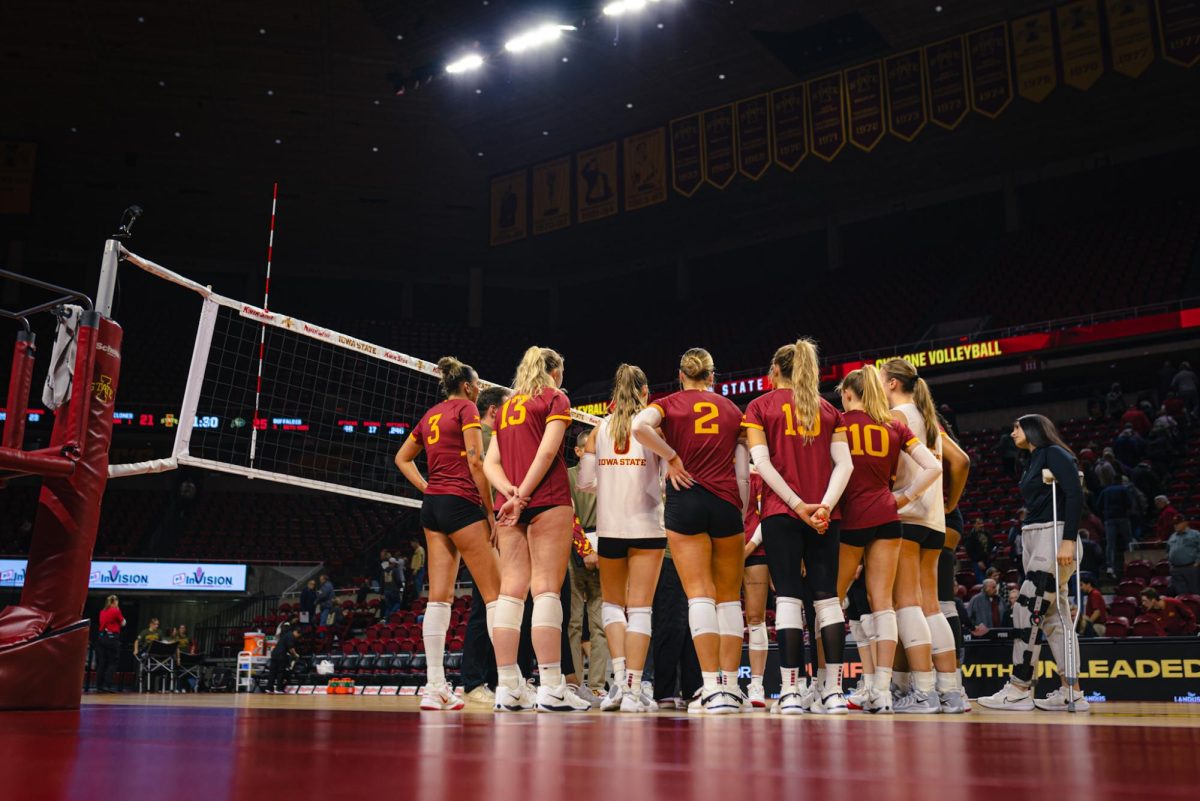EDITORIAL: Help elections with instant runoff voting
November 8, 2004
Tuesday’s presidential election was nothing if not anticlimactic. The news networks’ caution in declaring any state to be won by one candidate or the other was quite comical, but there was no real tension once the largest swing states all began to fall to President Bush. Some of us were left saying, “That’s all?”
The reason for this sense of anticlimax, of course, is the 2000 presidential election.
That presidential race dragged on for 36 days. Even though we knew a repeat of that outcome was unlikely in the extreme, the involuntary adrenaline that race gave us left us surprised at the brevity and surety of this contest.
That’s not the way it ought to be, of course. Even in a country split straight down the middle, a perfect election would create instant clarity. It’s troubling that the United States isn’t close to that ideal right now. Somewhere in our electoral menagerie, there ought to be a better way to pick a president.
The venerable Electoral College worked just fine this time around. But you can’t ignore the fact that a system is broken when it means only a small percentage of the electorate — in places like Iowa and New Mexico — matters enough to catch a glimpse of a federal candidate in the year leading up to Election Day.
Straight-up popular voting is scary for the opposite reasons. Rural issues, for one, would completely disappear from the electoral process. And sometimes the minority is right, and urban America is too stupid to know better on a given issue.
Instant runoff voting is an idea given some face time recently, in part because of its formation into a bill last month by Rep. Jesse Jackson Jr., D-Ill. The plan is that voters rank all the candidates on a ballot by order of preference. If one person receives more than 50 percent of the first-place votes, the election is over and that person wins.
If there is no majority, the last-place candidate is eliminated, with the person listed as second-best on each of those ballots receiving new first-place votes. If there is then one person with more than 50 percent of the vote, the election is over and that person wins.
Instant runoff voting is not very aesthetically appealing — ranking candidates could be extraordinarily difficult for the voter with average information — and there’s a lot to be said for the traditional system forcing a choice by the voter without any sort of “hedge” provided by the instant runoff.
Still, it may move the United States toward clarity in its electoral process, since the winner will always have a mandate. Congress shouldn’t dismiss this idea as out of hand as it works to make voting better to help states enact all the provisions of the Help America Vote Act.






